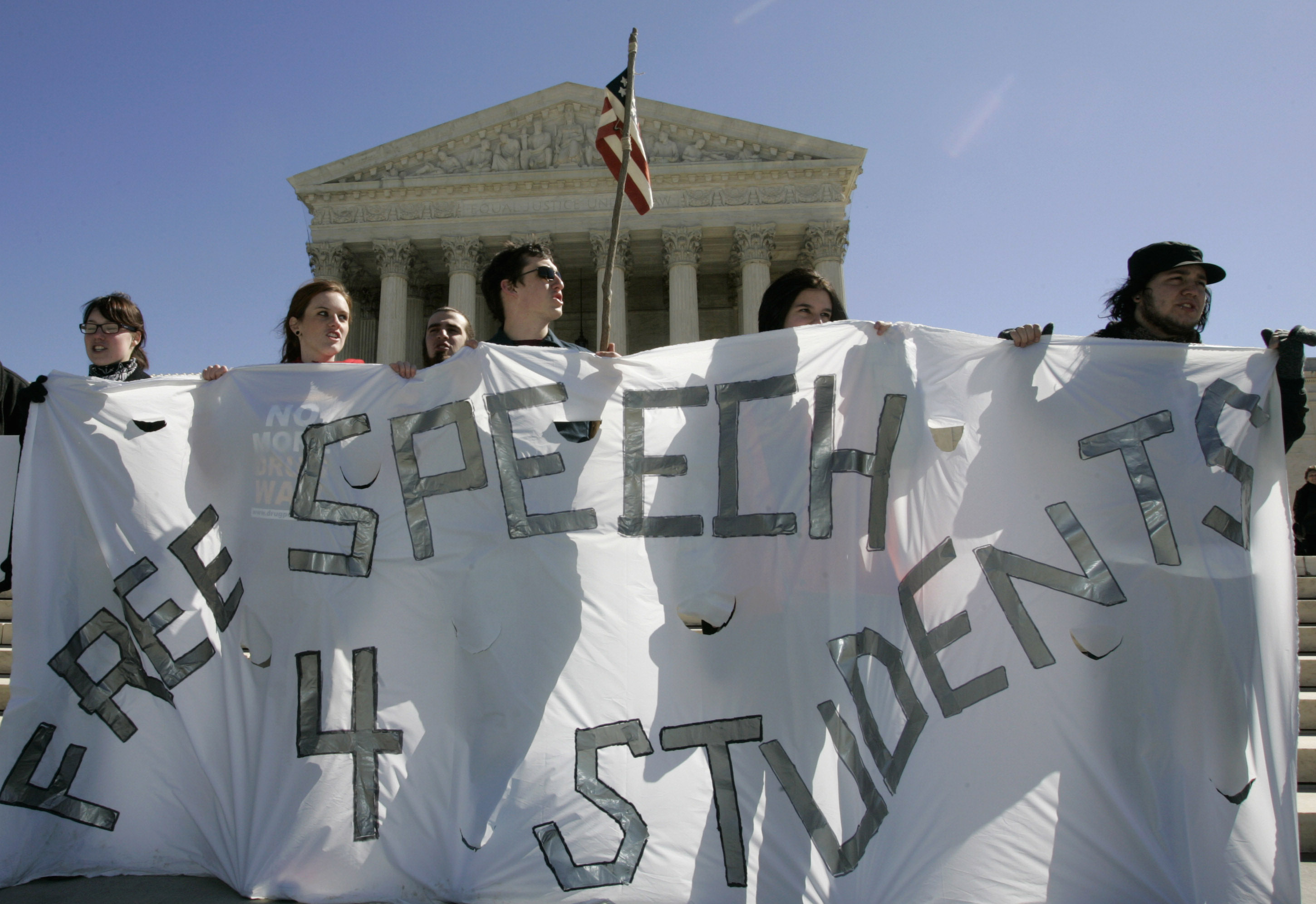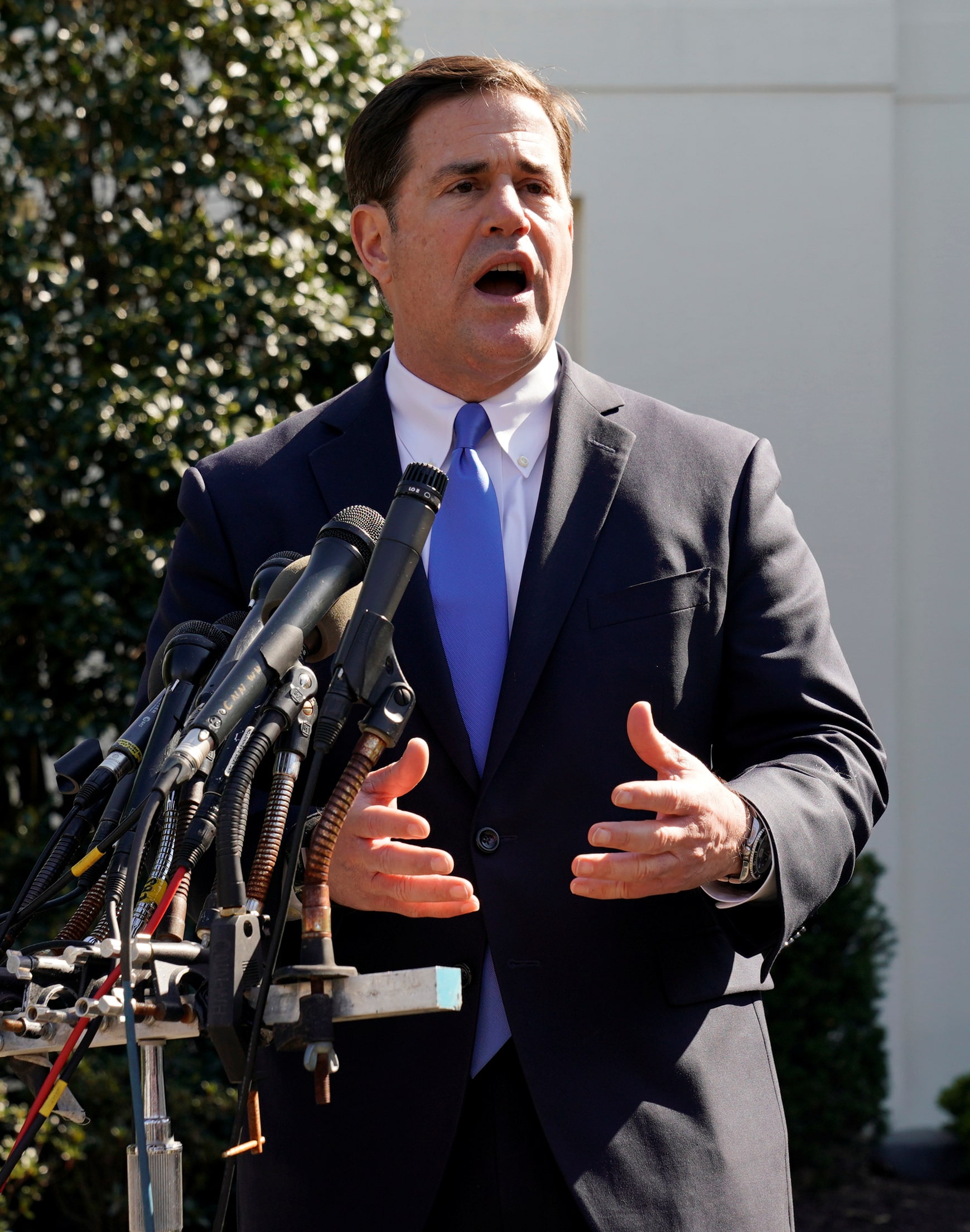Divided Federal Appeals Court Panel Rules that Palm Beach Man’s Mansion is Not Expressive Conduct
Is a house – even a carefully planned 20,000 square foot mansion – a form of expressive conduct protected by the First Amendment or is it primarily a place to eat, sleep, and live without expressive elements? That was the question that led to a spirited debate among a sharply divided three-judge panel of the Eleventh U.S. Circuit Court of Appeals in Burns v. Town of Palm Beach.
Minnesota Appeals Courts Finds Substantial Truth Doctrine Protects Online Reviewer
A former customer’s online review of a person and business who worked on her home was not defamatory because the challenged statements in the review were substantially true, a Minnesota appeals court has ruled.
One would think that those running Stanford Law School—an elite law school within an elite university—would know well what students’ First Amendment rights are, and what speech is protected by those rights. That’s why it was so jarring to see administrators there recently threaten a student’s graduation over a satirical email he sent to the law school community.
Confederate heritage supporters who sued the city of Lakeland, Florida for removing a Confederate monument, lost their free-speech challenge because a federal appeals court ruled that the monuments are a form of government speech, and as such, are immune from First Amendment review.
The Arizona state legislature continues to consider a bill that would drastically curtail LGBTQ-themed education and discussion in the state’s K-12 schools. Despite already being vetoed once by Governor Doug Ducey due to its obvious First Amendment problems, the proposed law has been brought back by its legislative sponsor. If passed, the law would squelch important and timely expression in educational institutions throughout the state.
Federal Court Ruling Invalidates Georgia’s Anti-BDS Law on First Amendment Grounds
A federal judge’s recent decision on Georgia’s law against the “Boycott, Divestment, and Sanctions” (BDS) movement signals a win for the First Amendment and for the right to protest peacefully.
Florida’s New Social Media Law Suffers from Serious Constitutional Flaws
A Florida law signed by Governor Ron DeSantis on May 24, 2021, that regulates what speech social media companies must allow and disallow suffers from serious constitutional problems. It already has been challenged in federal court by NetChoice, a lobbying firm that represents Twitter, Facebook, and other online companies, and Computer & Communications Industry Association.
Ninth Circuit Rules In Favor of Plaintiff In Bivens Claim Brought Against Federal Agents
A federal appeals court has ruled that a Washington state bed-and-breakfast owner has an implied right of action for damages, called a Bivens claim, for a First Amendment violation by federal agents. The decision is significant, as many lower courts have declined to find such an implied right of action for a violation of the First Amendment, leaving some plaintiffs without an effective remedy.






